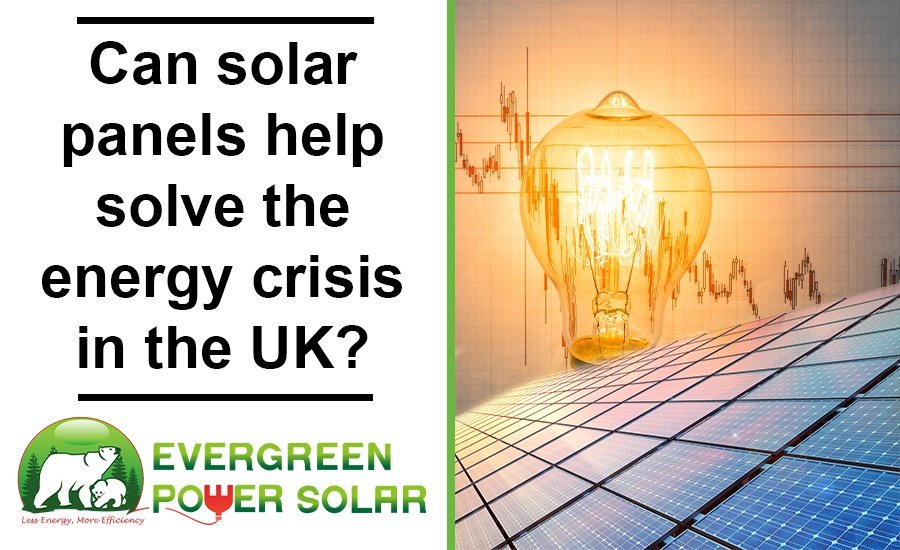In recent years, renewable energy has been a hot-button issue. With the UK’s energy needs ever-increasing and traditional energy sources becoming more scarce, the time has never been better to look into renewable energy sources. One such source is solar power, which is generated by solar panels. Solar panels have the potential to provide a clean, sustainable, and cost-effective source of energy for the UK. But can they help solve the country’s energy crisis? Let’s take a closer look.
How Solar Power Works
Solar power is generated by converting sunlight into electricity. This is done using solar panels, which are made of photovoltaic cells. When sunlight hits these cells, it causes them to produce an electric current and can then be stored in batteries for later use. This current can then be used to power homes and businesses. Solar panels can generate electricity directly or heat water, which can, in turn, be used to generate electricity.
Benefits of Solar Panels

A renewable source of energy
There are many potential benefits of solar panels. First and foremost, it is a renewable energy source, which means it will never run out. Solar power is much cleaner than traditional energy sources such as coal and oil. Finally, it produces no emissions or pollution, making it a desirable option for those looking to reduce their carbon footprint.
Simple to install and maintain
Solar panels are also relatively simple to install and maintain. They can be placed on a rooftop that receives direct sunlight, which can be used in rural and urban areas. Additionally, solar panels require very little maintenance once installed, meaning they can provide a reliable energy source for years.
Solar power is a silent power
Solar power is a silent energy source. Solar panels produce no noise pollution, unlike traditional energy sources such as gas and oil. This makes them attractive to those living in areas with high noise levels from cars and other sources.
Reduces your energy bill
Using solar energy can also help to reduce your energy bills. This is because solar panels generate electricity that can be used to power your home or business. This means you will no longer have to purchase energy from the grid, potentially saving you a lot of money in the long run.
It helps you get a kickback from the government
Another benefit of solar power is that you may be eligible for government incentives. This includes things like Feed-in Tariffs in the UK, which reward households and businesses for generating renewable energy.
Off-the-grid living
Finally, solar panels can be used to power an off-grid lifestyle. This means you can live entirely independently of the grid and generate energy without worrying about relying on traditional energy sources.
Total peace of mind on sustainability
In summary, solar power has the potential to significantly reduce energy costs, provide a reliable and clean source of energy, and even enable off-the-grid living. This makes it an attractive option for those looking to make their lifestyle more sustainable. With the proper setup, using solar panels can be a great way to reduce your carbon footprint and have total peace of mind regarding sustainability.
Drawback of Solar Panels
Solar power does have some drawbacks. One of the biggest is that it is only sometimes reliable; cloudy days and nights can significantly reduce the solar electricity panels generate. Additionally, solar panels require a lot of space to create significant amounts of electricity. Going ultimately off the grid can be pricey but well worth it in the long run. Also, batteries must be purchased and installed to store energy at night or without sunlight.
Solar power has the potential as a renewable energy source for the UK. However, whether or not it can truly help solve the country’s energy crisis remains to be seen. Only time will tell if solar panels will become a mainstay in UK homes and businesses or will ultimately be relegated to the sidelines.
It is clear, however, that solar power has many advantages over traditional energy sources. It is clean, renewable, and cost-effective, all things that should be considered when addressing the UK’s energy crisis. Moreover, with technological advances, such as improved storage solutions and better efficiency rates for photovoltaic cells, solar power may become the solution the UK has been looking for to fulfil the nation’s energy needs.

